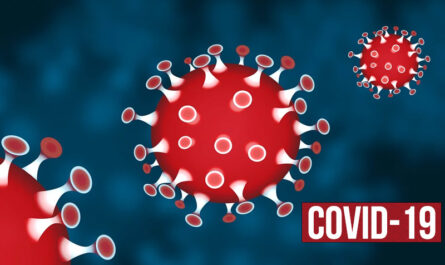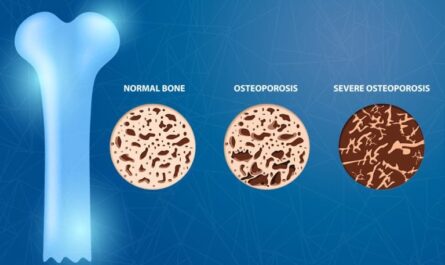Ischemic stroke, a major global health concern, affects approximately 15 million people annually, leading to significant mortality and disability. One of the key factors contributing to the pathology of this condition is the disruption of the blood-brain barrier (BBB), a crucial protective cellular membrane that maintains brain health by preventing harmful substances from entering the brain.
Maintaining the integrity of the BBB and finding effective ways to repair it following Acute ischemic stroke is essential for improving outcomes for patients suffering from stroke and related neurological disorders.
A groundbreaking study led by Dr. Hyun Kyoung Lee, an associate professor at Baylor College of Medicine and an investigator at the Jan and Dan Duncan Neurological Research Institute (Duncan NRI) at Texas Children’s Hospital, has identified a critical ion transporter protein that plays a role in regulating the pH of specific brain cells and can repair the BBB and restore normal brain function after ischemic stroke.
Published in Cell Reports, this study marks the first time researchers have identified specific therapeutic targets for ischemic stroke and related neurological conditions, for which there are currently no targeted treatments available.
The findings of this study could have significant implications for the development of novel therapeutic strategies to repair the BBB and mitigate the damage caused by ischemic stroke, ultimately improving outcomes for patients and reducing the burden of this debilitating condition.




